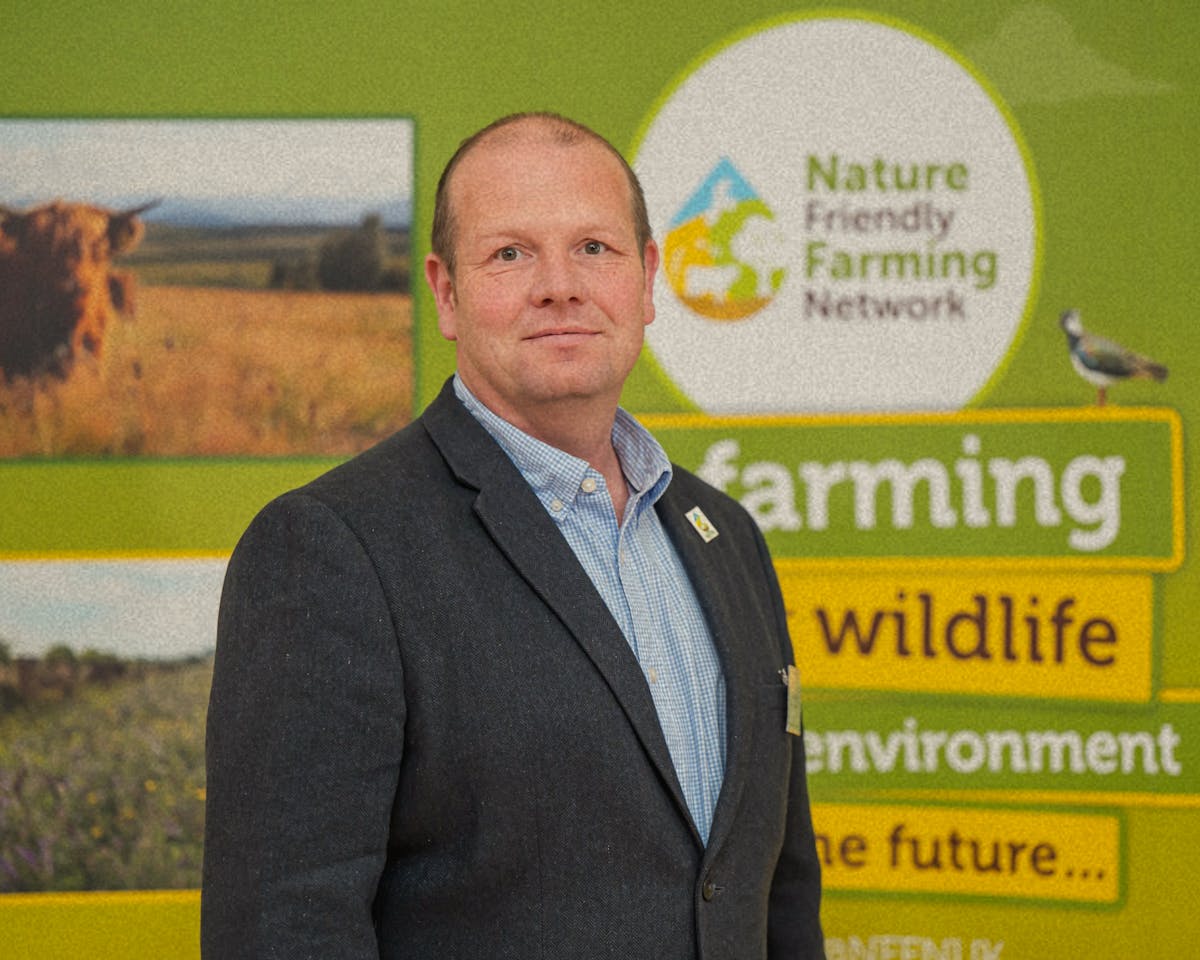In 1949, Attlee’s post-war Labour government opened a new frontier in Britain’s relationship with nature. National Parks and public rights of way were not just environmental policies - they were acts of social justice. They gave working people access to the countryside and transformed the landscape of the nation. Like the newly formed NHS, they were part of the common good, to be protected and shared.
Seventy-five years on, Britain’s rivers, soils, and wildlife are in managed decline. The costs are mounting - for our economy, our health, and our security. Today, environmental policies remain acts of social justice – but now because they are the foundations of a decent life: green spaces, healthy food, clean air and protection from extreme weather.
This Labour government has the chance to open another frontier. The task is not only to protect what remains, but to restore what has been lost. This time, the project cannot be built on public funding alone. It will take the full force of the private sector - from farmers and retailers to insurers, utilities, manufacturers, and infrastructure providers - investing in and acting for the living systems that keep Britain running.
Who cares about nature?
Nature is not niche. It’s a universal concern. People care deeply about the places they live. People notice the sewage in their rivers, litter in the parks, flooding in their town and heat in their streets. More in Common polling shows that 95 per cent of people see reducing sewage pollution as important or very important to them. This cuts across politics - Reform voters and Green voters alike view it as a priority. Polling also shows that most people - across the political divide - believe that nature is essential to a thriving economy.
Nature is also, quite literally, critical national infrastructure. Let it fall into disrepair and the costs are felt across every department of government. Nature degradation could strip 12% from UK GDP by 2030 – through the floods that damage homes and railways, the water shortages that block new housing or data centres, the heatwaves that devastate harvests and the air pollution that places a heavy strain on our communities and our NHS.
We’ve all heard the line that the UK is one of the most nature-depleted countries in the world. It’s true. But frankly, it’s meaningless. The real question is: what does a loss of nature mean in practice?
Increasingly the answer is plain to see. Businesses, and the financial sector, are feeling the impacts on their bottom lines. And, whilst this government has inherited a crisis in nature, it has done so at a moment when the private sector is, finally, ready to act.
Already, water companies are restoring catchments to cut water treatment costs. Retailers are backing regenerative farming to secure their supply chains. Insurers are funding wetland restoration because it’s cheaper than paying flood claims. A threshold has been crossed - and Labour must seize it.
Learning from the past
Environment Secretary Steve Reed understands the scale of the opportunity - it's no accident that he has rebranded Defra as a growth department and led a Call for Evidence on the role of the private sector in nature recovery. But the truth is private finance is still largely contributing to nature loss, and the private sector remains far from mobilising at the pace and scale needed to even halt the decline in, let alone recover, nature.
We’ve been here before. The UK’s clean energy boom didn’t happen by accident - it took Labour leadership, clear rules and upfront government investment to attract private capital. Offshore wind is a British success story because the government created the conditions for it to thrive.
We can do the same for nature. With the right framework, incentives, and political will - alongside continued public investment - the boardrooms of Britain can become drivers of nature recovery.
Where to start?
This government has already made a start - committing to the Kunming-Montreal global biodiversity targets, reviewing the Environmental Improvement Plan, reviewing environmental regulation and examining the private sector’s role in nature’s recovery.
Now it must go further. This means shifting from an approach that primarily relied upon public and third sector grants, towards one that emboldens the private sector to act. It means reforming regulation so that it actively delivers our environmental targets. It means making nature markets - both compliance and voluntary - work to high standards with high integrity. And it means using public money to de-risk projects so private investment can scale.
A Natural Legacy
The Attlee government’s National Parks were a statement of principle: nature belongs to everyone. This government must make a statement just as powerful: nature underpins our prosperity. To turn this into a legacy of natural renewal, the next frontier is mobilising the private sector.



